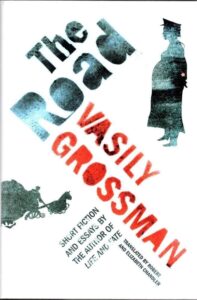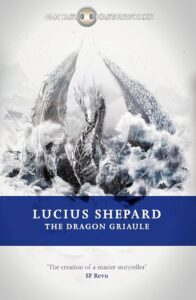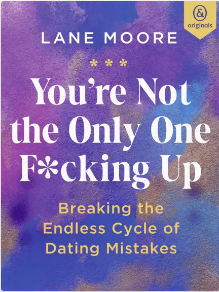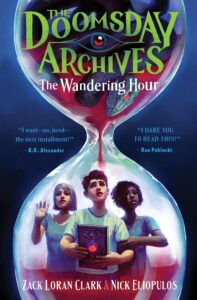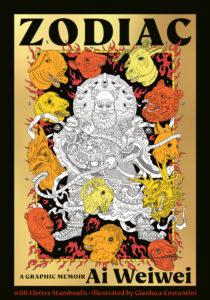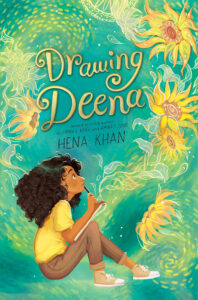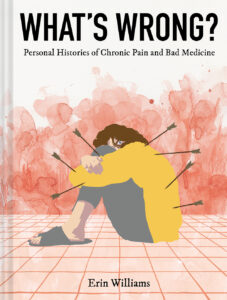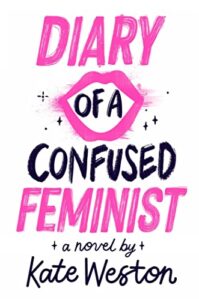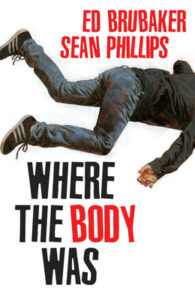So I know that that order of attribution seems weird, as Fahmida Azim is the artist, Anthony Del Col the reporter and Josh Adams the art director of this Pulitzer Prize-winning graphic novella. Like, who even puts the art director’s name on the cover of a book? But once you look at the contents, you’ll understand why, as Mr Adams’ tight direction keeps the book laser focused on telling its important, painful story.
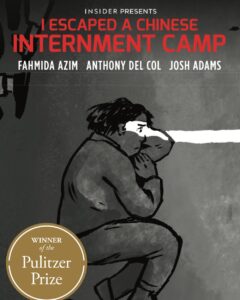 This story revolves around the real life ordeal of Zumrat Dawut who, if posterity is kind, will be seen as a Muslim martyr who refused to renounce her faith despite torture by the Chinese government. By the grace of God and the American government, she escaped China and lives in the US with her family now. And I’ll be honest, it’s nice to read a story where US Immigration does the right thing. It restores my faith in the American system, a system that seems to be under constant attack by the most fearful and cynical of our fellow citizens even as the rest of us keep trying to make it better.
This story revolves around the real life ordeal of Zumrat Dawut who, if posterity is kind, will be seen as a Muslim martyr who refused to renounce her faith despite torture by the Chinese government. By the grace of God and the American government, she escaped China and lives in the US with her family now. And I’ll be honest, it’s nice to read a story where US Immigration does the right thing. It restores my faith in the American system, a system that seems to be under constant attack by the most fearful and cynical of our fellow citizens even as the rest of us keep trying to make it better.
Zumrat is ethnically Uyghur, and was born in Urumqi, East Turkistan, a part of China. She’s already a mother of three when, in 2016, the government begins accelerating its suspicions of non-Han Chinese and, especially, Muslims. Her neighbors start throwing out anything connecting them to Islam, for fear of being beaten, arrested or worse. Two years later, she reports to the local police station for what she thinks is a routine check-in. Thus begins an ordeal for her and her entire family, as she’s taken away to a re-education camp where she’s routinely abused for being Muslim and, at least once, for being kind to a fellow prisoner.

